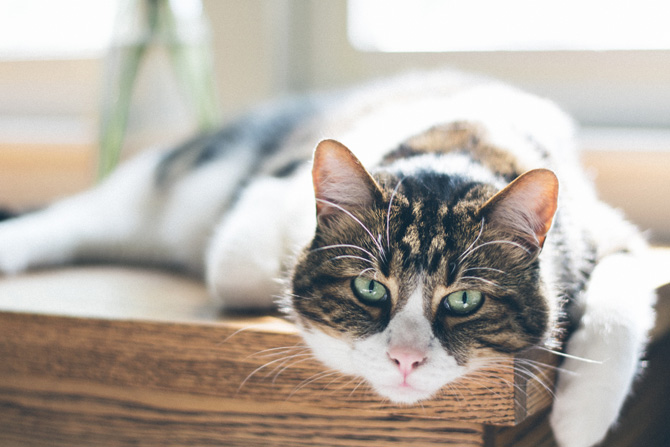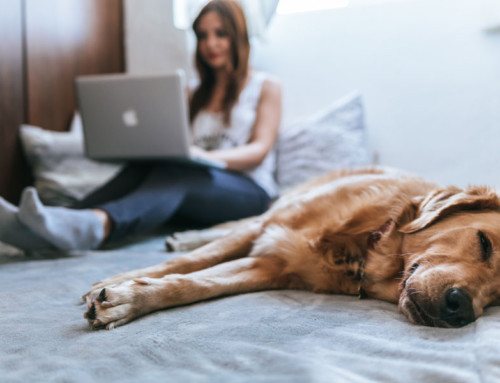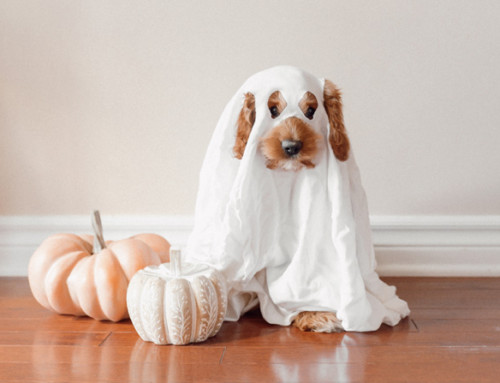Did you know that obesity is recognised as the most common form of malnutrition in Aussie pets? This is a pretty sad realisation. Furthermore, did you know 41% of dogs and 32% of cats in Australia are either overweight or obese?
These are very real and shocking statistics. Certainly, we consider our pets as members of our family (as fur kids) and yet at the same time we are making them ill. After all, just like in humans, obesity can have serious consequences for their long-term health out our pets.
According to a paper published in the Journal of Nutrition, there are many potential health problems that overweight or obese animals face. This includes orthopedic disease, diabetes, cardio-respiratory disease, urinary disorders, cancer, reproductive issues and skin diseases.
The author states ‘there is a need to increase the awareness of companion animal obesity as a serious medical condition.’
Causes of obesity in pets
An imbalance between energy intake and energy expenditure is the main cause of overweight and obesity in our feline and canine chums. However, other important factors that can contribute to pet obesity include breed (i.e. genetics), gender and whether or not the animal has been neutered.
Certainly, there is a tendency for certain breeds of dog and cat to become overweight. Some of the breeds that are more likely to become obese than other breeds are Labrador Retrievers, Shetland Sheepdogs, Golden Retrievers, Cocker Spaniels, Dachshunds, Miniature Schnauzers, Springer Spaniels, Chihuahuas, Basset Hounds and Pugs. While there is less information about at-risk cat breeds, mixed breed cats and Domestic Shorthaired cats are thought to be at higher risk.
With regards to neutering and weight gain, it is the loss of sex hormones as a result of neutering that lowers dogs’ and cats’ metabolic rate and energy needs. According to Pet Nutrition Alliance, if there is no change in diet or feeding regimen at the time of the neutering surgery, pets face an increased risk of unhealthy weight gain and obesity.
As such, it’s important to chat with your vet about your pet’s nutritional requirements after neutering. Vets can perform an evaluation of your furry friend’s nutritional needs and may recommend a low-calorie diet.
Preventing pet obesity
Genetics and neutering aside, we pet owners must look at ourselves. After all, it is our responsibility to feed and exercise our beloved fur pals. We may be unintentionally overfeeding our meowing mates and barking buddies.
Did you know that in some adult dogs, up to 50% of their daily calories come from table scraps? As such, any food scraps or treats should be considered part of your pet’s daily calorie or food intake.
Here are a few tips to help prevent your pet from becoming a fatty boom bah!
- Make sure you are measuring out the correct amount of food for your pet’s size and age. Remember, not all cups are the same; failing to measure the right amount of food can lead to obesity.
- Ensure your pet has a quiet place to eat and, ideally, eats alone. When many pets are fed together, often there can be one greedy one who tends to eat most of the food.
- Be careful if using a free feeding regimen. You still need to keep track of the amount of food your pet is consuming over the day.
- Indoor cats are more at risk of weight gain due to inactivity. Make sure your pet gets regular exercise.
Additionally, familiarise yourself with the World Small Animal Veterinary Association’s Body Condition Score. It will show you the features your pet should have if it has an ideal body weight, as well as the telltale signs of obesity and emaciation. Check it out here:
Have you successfully helped your pet to lose weight?
Information sources:
German A. The Growing Problem of Obesity in Dogs and Cats. The Journal of Nutrition. July 2006. Volume 136; Issue 7. PP 1940-1946. Accessed online via: https://doi.org/10.1093/jn/136.7.1940S
Fighting pet obesity: Causes in small animals. Vet Times (UK). Accessed online via: https://www.vettimes.co.uk/app/uploads/wp-post-to-pdf-enhanced-cache/1/fighting-pet-obesity-part-1-causes-in-small-animals.pdf
Pet Nutrition Alliance. Does neutering make dogs and cats gain weight and become obese? Accessed online via: https://petnutritionalliance.org/site/pnatool/does-neutering-make-dogs-and-cats-gain-weight-and-become-obese







Leave A Comment